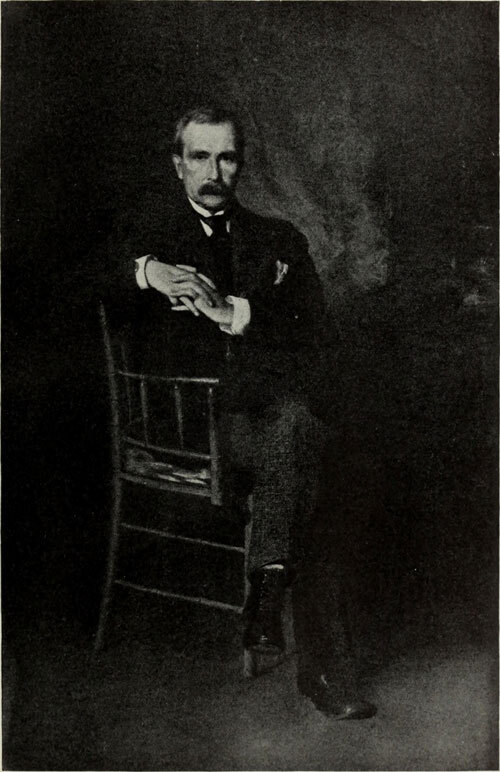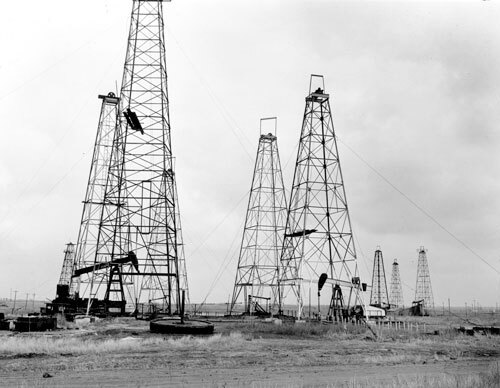
John D. Rockefeller, circa 1895. (via Wikimedia Commons)
How the birth of the modern oil industry set the stage for the modern takeover of byproducts
Edwin Drake, the man who created the first modern process of drilling for oil made nearly nothing from his innovation. John D. Rockefeller, on the other hand, would at the peak of his powers be worth more than Bill Gates, Jeff Bezos, Warren Buffett, and Mark Zuckerberg combined … if his oil-derived wealth accounted for inflation.
So what makes the Standard Oil founder different from the now-somewhat-forgotten Drake? It might have something to do with byproducts.
In the late 1850s, Drake, an employee of the Seneca Oil Company, came up with a process for drilling and petroleum, which was then developed into kerosene, which became very popular in the latter half of the 19th century as a lamp-lighting material, replacing the then widely used whale oil.
But the process of refining kerosene created a byproduct that seemed useless at the time. Drake, for one, just threw the clear substance away, along with every other element of the petroleum that wasn’t kerosene. Often, this material would be put directly into the river, polluting the water.
He had to do something with it … right?
Many of the other oil companies that followed Drake’s tracks did the same thing. (They probably shouldn’t have; Drake, somewhat infamously, had a terrible reputation as a businessman, despite being a pioneer of a whole way of life.)
It seems crazy now that oil refiners would throw away 40 percent of their product, but that’s what happened.

Standard Oil wells near Pawee, Oklahoma. (Wikimedia Commons)
But Rockefeller didn’t do that. Rather than treating gasoline as if it was useless, he had his company, Standard Oil save it—and looked for ways to use it. As early biographer Ida Minerva Barbell wrote of Rockefeller in 1904:
From the start his effect was tremendous. He had the frugal man's hatred of waste and disorder, of middlemen and unnecessary manipulation, and he began a vigorous elimination of these from his business. The residuum that other refineries let run into the ground, he sold. Old iron found its way to the junk shop. He bought his oil directly from the wells. He made his own barrels. He watched and saved and contrived. The ability with which he made the smallest bargain furnishes topics to Cleveland storytellers today. Low-voiced, soft-footed, humble, knowing every point in every man's business, he never tired until he got his wares at the lowest possible figure.
Kerosene was obviously an important part of oil’s initial success, but Rockefeller saw that there would be much more value in trying to sell every element of the oil, which came in handy when new markets emerged for the various byproducts.
From a visionary standpoint this turned out to be a stroke of brilliance, as the initial market for kerosene would be affected by electricity … but at the same time, the automobile came to prominence, making the once-discarded gasoline much more valuable. (Kerosene would later find popularity as jet engine fuel.)
Rockefeller, of course, didn’t become rich just because of his ability to identify and sell byproducts. He was an effective vertical integrator and wise about saving money where he could. He knew how to expand his empire into related fields. And of course, by the time Standard Oil was dominant, he was a ruthless businessman who was not above bribery or made-up price wars to dominate the market. At one point, Standard was so powerful that it effectively ignored the federal government’s efforts to break it up and used a legal loophole to continuing operating its business like a trust.
But one could argue the root of that power came from the ability to realize almost immediately that petroleum byproducts had immense value and should not be thrown out.